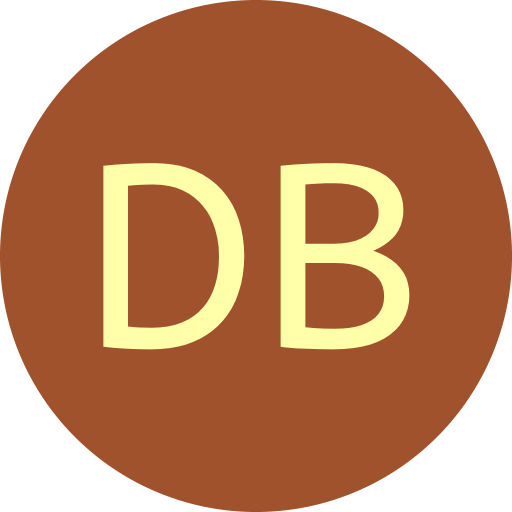| Decoding the Granddaddy | Output | ||||||||||
|
Given a DB sequence $\mathcal{D}$ of order $n$, the rank of a string $\alpha$ (of length $n$) is the starting index where $\alpha$ appears in $\mathcal{D}$. If $\alpha$ is a prefix of $\mathcal{D}$, then it has rank 1. If $\alpha$ starts at the last symbol of $\mathcal{D}$ and wraps around then it has rank $k^n.$ Unranking is the process of determining the string $\alpha$ in $\mathcal{D}$ starting at index $r$ (the rank of $\alpha$).
Consider the Granddaddy DB sequence for $n=6$ and $k=2$:
0000001000011000101000111001001011001101001111010101110110111111.
The string $\alpha = 100001$ has rank 7.
The only other space-efficient decoding algorithms are based on a recursive construction applying Lempel's homomorphism [MEP96,Tul01], although, they do not handle the cases when $k$ is an odd prime and $n$ is odd. When $k=2$, Knuth describes efficient decoding algorithms (based on [Tul01]) on pages 697-699 in answer to exercises 97-99 on p.317 [Knu11].
- [Knu11] D. E. Knuth. The Art of Computer Programming. Vol. 4A. Combinatorial Algorithms. Part 1. Addison-Wesley, Upper Saddle River, NJ, 2011.
- [KRR16] T. Kociumaka, J. Radoszewski, and W. Rytter. Efficient ranking of Lyndon words and decoding lexicographically minimal de Bruijn sequence. SIAM J. Discrete Math, 30(4):2027-2046, 2016.
- [MEP96] C. Mitchell, T. Etzion, and K. Paterson. A method for constructing decodable de Bruijn sequences. IEEE Transactions on Information Theory, 42(5):1472-1478, 1996.
- [SW17] J. Sawada and A. Williams. Practical algorithms to rank necklaces, Lyndon words, and de Bruijn sequences. Journal of Discrete Algorithms, 43:95-110, 2017.
- [Tul01] J. Tuliani. De Bruijn sequences with efficient decoding algorithms. Discrete Mathematics, 226(1):313-336, 2001.
 De Bruijn Sequence and Universal Cycle Constructions
De Bruijn Sequence and Universal Cycle Constructions